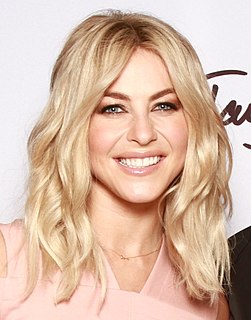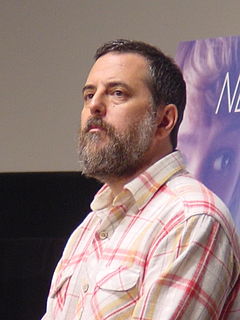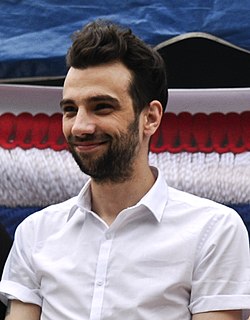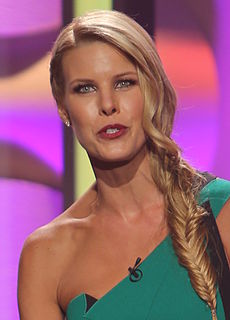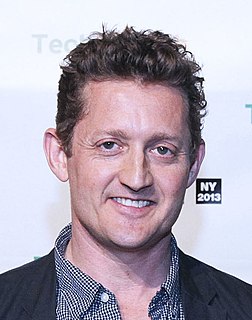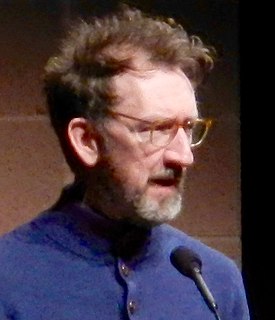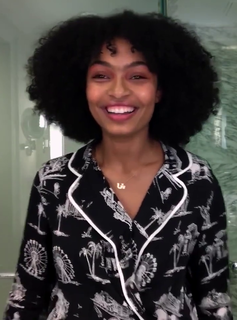A Quote by Grace Helbig
I had started in the comedy world in a more traditional way. I was auditioning for TV, film, and commercials while I was making these Web videos from my house.
Related Quotes
I was making commercials. That's how I learned the craft. That was the marketing part of it: directing commercial for TV. It wasn't the most common thing to become a filmmaker in Greece. I started by saying I was interested in marketing and have a proper job in advertising and commercials. Basically, I studied film to learn how to do marketing, and commercials. As I studied film I learned I'd be interested in making films instead of commercials.
I'd been working on more traditional movie sets and TV shows at Universal. All of a sudden, here we're on location in Animal House, and it's down and dirty and quick. It was the way the new commercial world was shooting; the way the indie world was shooting. These were lighter, faster cameras. It was a generational change.




